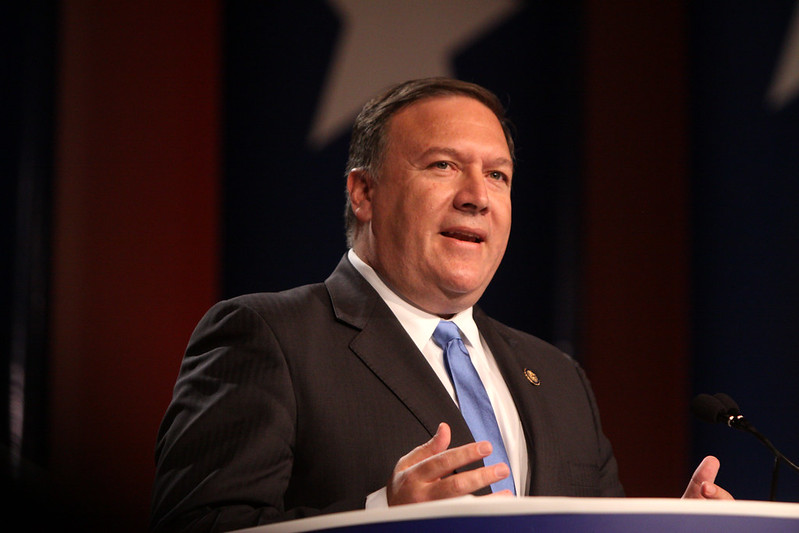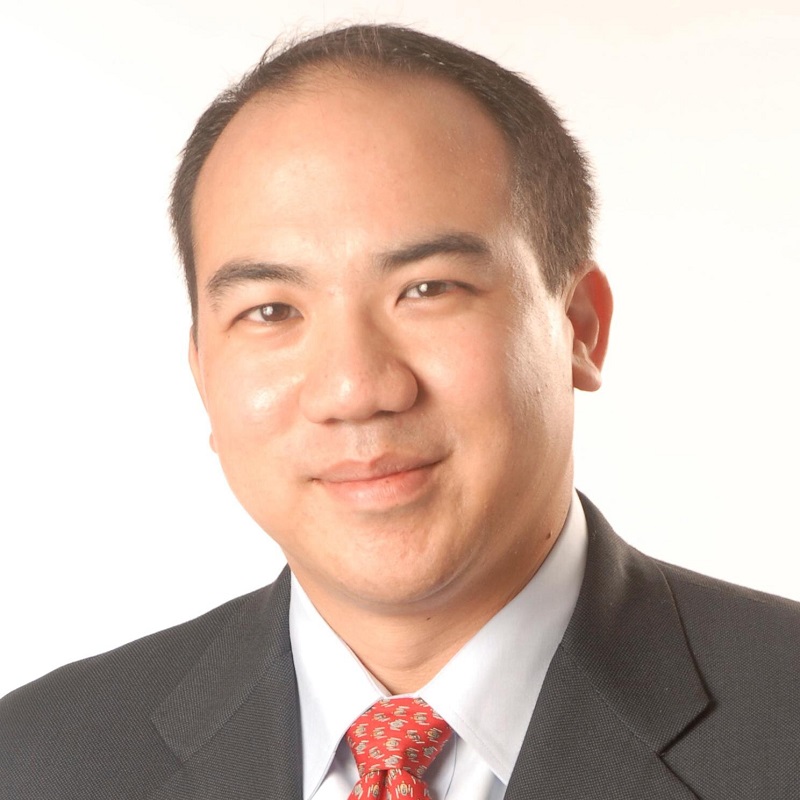What to Make of Secretary Pompeo Decertifying Hong Kong Autonomy
U.S. Secretary of State Mike Pompeo made history yesterday when he refused to certify that Hong Kong is autonomous from China. What’s the significance of that move?

Published by The Lawfare Institute
in Cooperation With

U.S. Secretary of State Mike Pompeo made history yesterday when he refused to certify that Hong Kong is autonomous from China. This set in motion a legal process that could lead to a massive disruption in the already-fragile U.S. relationship with China.
Although Pompeo’s dramatic announcement drew headlines around the world, his decision should not have surprised observers, given the new requirements on any such certification imposed by Congress in November 2019.
While the secretary of state’s “decertification” is an important public assessment of Hong Kong, it does not mean that Hong Kong’s special status under U.S. law will be immediately revoked in full. The laws governing U.S. relations with Hong Kong leave the decision of how and whether to change Hong Kong’s status solely within President Trump’s discretion.
What’s the source of Hong Kong’s special status under U.S. law? The Hong Kong Policy Act of 1992 guaranteed that U.S. laws and international agreements that existed with respect to Hong Kong as a British colony would continue even after Hong Kong reverted to Chinese sovereignty in 1997. The act, however, authorized the president to withdraw this special treatment if he determined that “Hong Kong is not sufficiently autonomous to justify treatment under a particular law of the United States, or any provision thereof, different from that accorded the People's Republic of China.” Under the original Hong Kong Policy Act, the secretary of state had to report to Congress from time to time on U.S.-Hong Kong relations and the development of democratic institutions in Hong Kong. These reports did not require an in-depth discussion of Hong Kong’s autonomy, much less require any certification.
The Hong Kong Policy Act was amended over the years to require comment from the secretary of state on more subjects, but it was only in November 2019 that enactment of the Hong Kong Human Rights and Democracy Act (HKHRDA) changed the reporting requirement into a certification requirement. Under the HKHRDA amendments, the secretary must not only continue to report on Hong Kong, but he must also now “certify” that “Hong Kong continues to warrant treatment” under U.S. laws that applied to Hong Kong in 1992. In other words, with the 2019 act, Congress directed the secretary to make an assessment of Hong Kong’s autonomy rather than just report on it.
Indeed, in the text of the act, Congress further specified that certification requires “an evaluation of the Government of Hong Kong’s autonomous decision-making“ with respect to the “rule of law” and “protecting rights enumerated in” the treaty handing Hong Kong over to China, Hong Kong’s mini-constitution, and the leading U.N. human rights treaties. China’s effort to ram a potentially overbroad National Security Law through its central government legislature almost certainly fails this “evaluation” of the Hong Kong government’s autonomy, which centers almost wholly on rule of law and human rights. Although another secretary of state might have waited to make an announcement until China’s national legislature formally enacted the new National Security Law for Hong Kong, it is difficult to imagine any U.S. secretary of state certifying Hong Kong’s autonomy after the passage of the National Security Law under the standards set forth in the HKHRDA amendments to the Hong Kong Policy Act.
While the certification requirement is new, the refusal to certify does not carry any legal consequences. Any change in Hong Kong’s status in U.S. law rests with the president in the same manner that it did under the original act. Indeed, the secretary’s certification (or refusal to certify) does not require the president to take any action on Hong Kong’s status under U.S. law. The relevant Hong Kong Policy Act language makes it clear that it is the “President’s determination” (not the secretary’s) as to whether Hong Kong is sufficiently autonomous, and the “President may” suspend Hong Kong’s special status under U.S. law (emphasis added). The president, in other words, retains the final call on whether or not to take action to alter Hong Kong’s status under U.S. law, irrespective of the secretary’s certification.
Of course, it would be exceedingly strange for the president to ignore the determination of his own secretary of state. But observers should not assume the president is legally required now to completely, or even partially, terminate Hong Kong’s special treatment just because of the secretary’s announcement. The president has the flexibility under the law to start small (for example, terminating the U.S.-Hong Kong extradition treaty), or he could go big (changing Hong Kong’s tariff treatment to that afforded to China). The Hong Kong Policy Act gives the president a variety of tools to leverage U.S. power to influence China’s Hong Kong policy. All of us worried about the future of Hong Kong must now hope that the president exercises those tools wisely and effectively.





